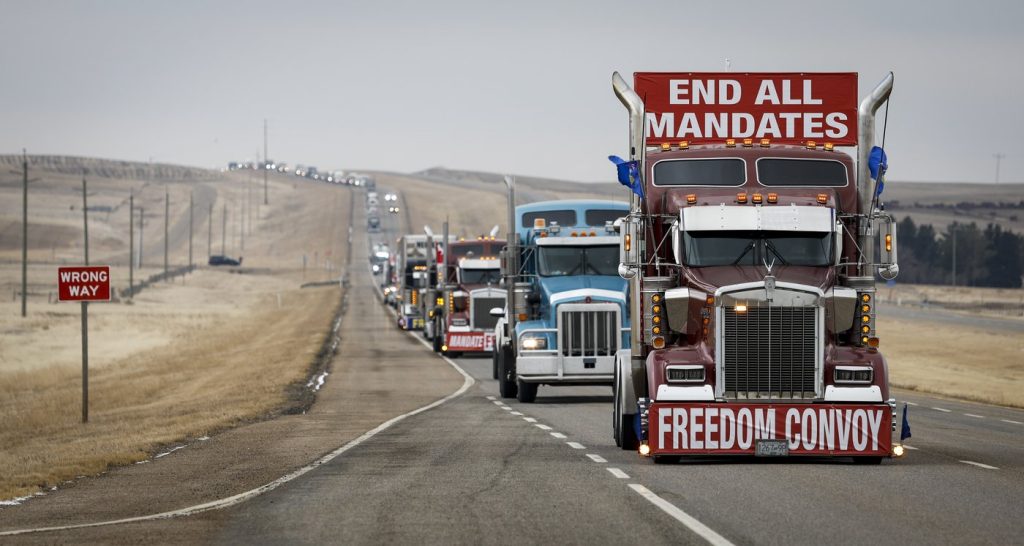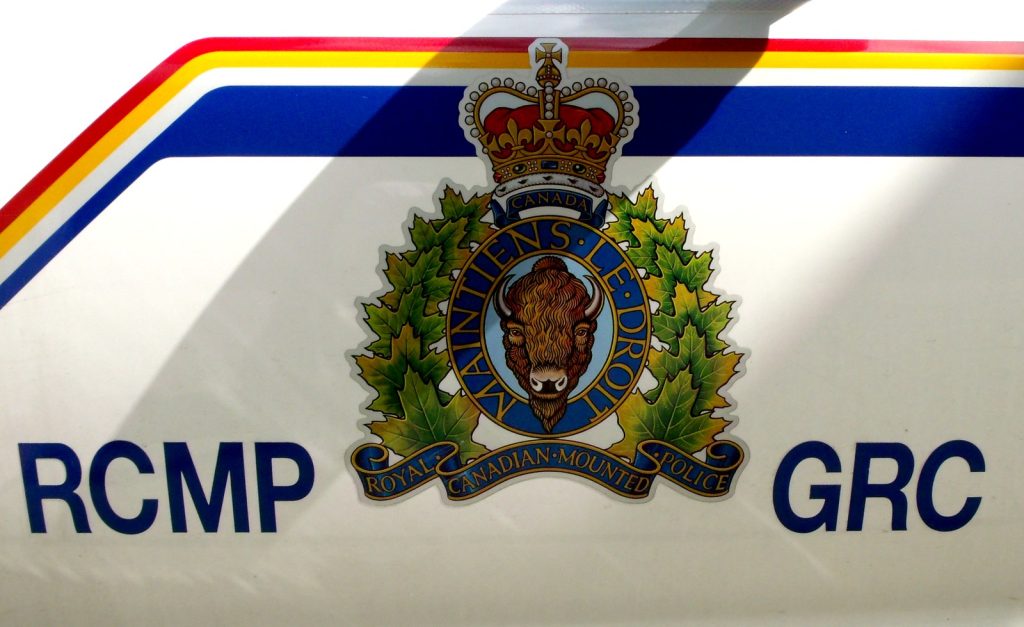Senator to call for advertising ban, amid push for alcohol warning labels
Posted Aug 8, 2024 3:02 pm.
Last Updated Aug 8, 2024 6:49 pm.
As many people crack open a cold one to beat the heat this summer, there is a push in Canada’s senate to try and place new restrictions on the advertising and labelling of alcohol.
Senator Patrick Brazeau, who has publicly battled substance abuse issues, believes alcoholic drinks should face many of the same restrictions as tobacco and marijuana, so this Fall he is planning to introduce a bill in the Senate to prohibit the promotion of alcohol.
“The intent is simply to ban the advertising and promotion of alcohol in Canada writ large, like we have done with tobacco products,” Brazeau tells 680 NewsRadio.
The Senator says the bill is still being drafted so he won’t speak about further details until he is ready to table it in the upper chamber.
On its website, Beer Canada addresses the matter of advertising, saying “the balance of evidence does not support a direct causal relationship between overall drinking levels or harmful drinking patterns and advertising or marketing. Advertising moves consumption between brands, but does not increase overall consumption levels.”
The group that represents most large brewers in Canada adds they comply with federal and provincial/territorial rules about advertising to minors, and that “research shows that increased restrictions on alcohol advertising, as well as outright bans are ineffective.”
The plan for this new legislation comes as Brazeau continues to try and push bill S-254 through parliament, which would force warning labels on the packaging of beer, wine and liquor.
The bill had its first reading on November 2, 2022, and passed 2nd reading in June of last year, but has been stalled at the committee stage since. Even if it passes the upper chamber, it would still need to be debated and approved through votes in the House of Commons before it could become law.
The Office of the Minister of Mental Health and Addictions, Ya’ara Saks, provided the following statement on the issue:
“We are closely collaborating with all orders of government, community organizations, health professionals, researchers, people with lived and living experience, and substance use experts to reduce the harms associated with alcohol use. We have previously funded alcohol research projects in the past, such as the Yukon labelling study. These projects contribute to building the evidence base on labelling and may inform possible future policy decisions at the provincial, territorial, and federal levels.
We are aware of bill S-254 will continue to monitor it as it moves through the parliamentary process. As the referenced new bill has yet to be introduced, we cannot comment further.”
Senator Brazeau says it’s important Canadians realize the risks associated with consuming alcohol, and he condemns what he sees as an uneven approach to government restrictions of harmful products.
“Stop being hypocritical about it” says Brazeau. “Alcohol is a class 1 carcinogen, just like tobacco and asbestos is, but they get a free pass.”
Alcohol is linked to seven different types of cancer but does not face all of the same restrictions.
In 2022, the Canadian Centre on Substance Use and Addiction released new guidelines saying no amount of alcohol consumption is safe, and in 2023 the Canadian Institute for Substance Use Research released a report recommending the mandating of alcohol warning labels.
Canada is not the only country that is having this debate, with several European countries discussing the issue after Ireland passed a law last year making health warnings mandatory on the labels of all alcoholic drinks. It is set to officially take effect in 2026, to give the industry time to make the needed changes.
MADD Canada takes no position on the marketing of alcoholic beverages, but it does support Brazeau’s bill on warning labels and calls for them to include warnings about impaired driving.
“Identifying these harms and making them more well known will be a benefit to everyone,” Eric Dumschat, legal director with MADD, tells 680 NewsRadio.
Brazeau notes studies have shown alcohol is also a drain for taxpayers, costing $6-billion more in health and social costs than governments make in sales revenue.
“Legal costs, health costs, drinking and driving, deaths, accidents, minor injuries….domestic abuse cases, suicides, the list goes on and on” says Brazeau.
The Senator knows this will be an uphill battle. “When you have powerful industries and you go against them, it could ruffle a lot of feathers,” he notes.
However, he is committed to this fight for the long term, noting it took decades for advocates to gain significant restrictions for tobacco products.
Brazeau was involved in the Senate expenses scandal which began in 2012. In the wake of that controversy the Senator struggled with alcoholism and his mental health, pled guilty to assault and cocaine possession in 2015, and had attempted suicide in 2016.
He is now four years sober and says he is now focused on trying to make positive changes for the country.








